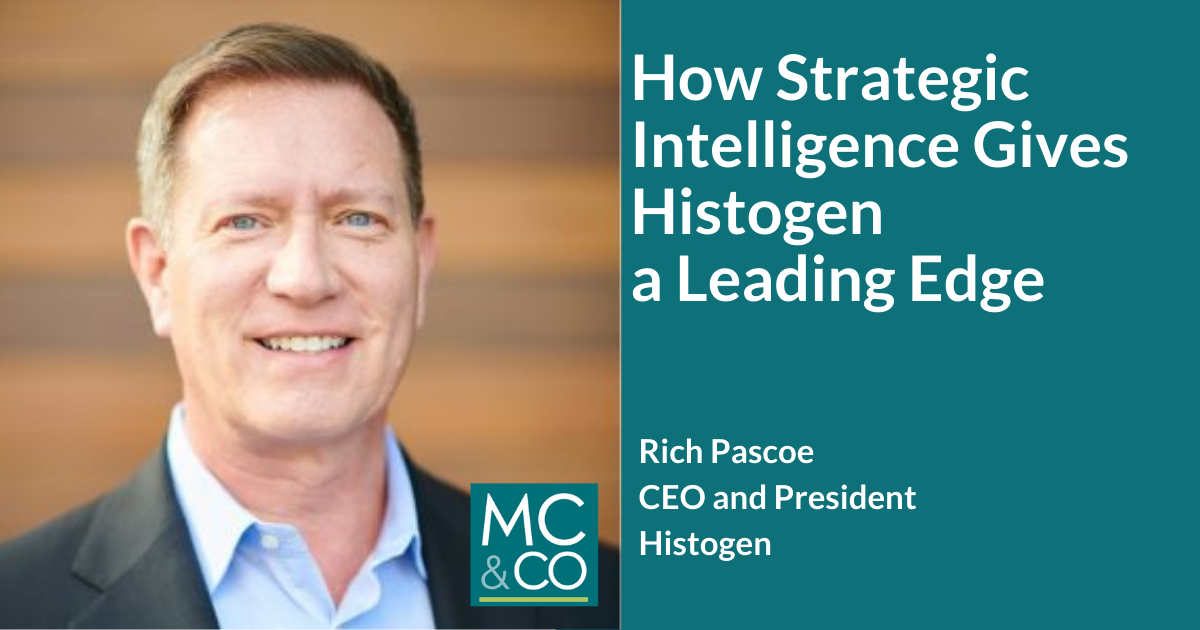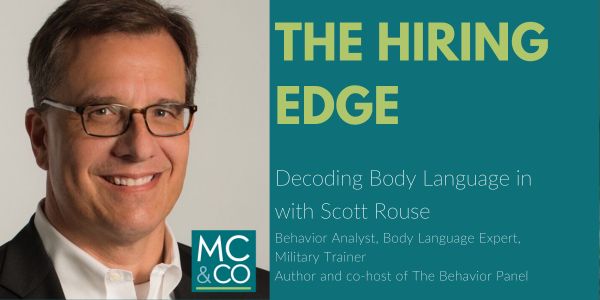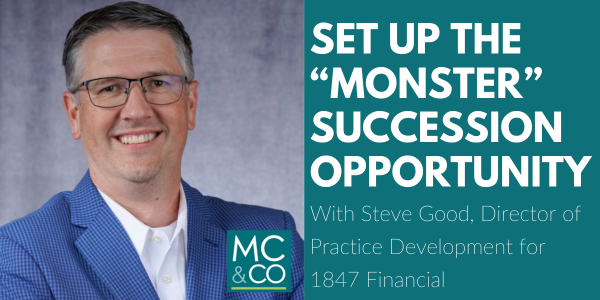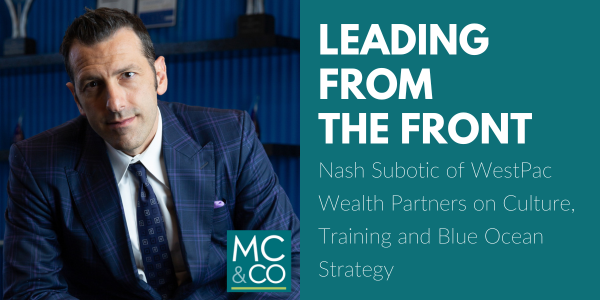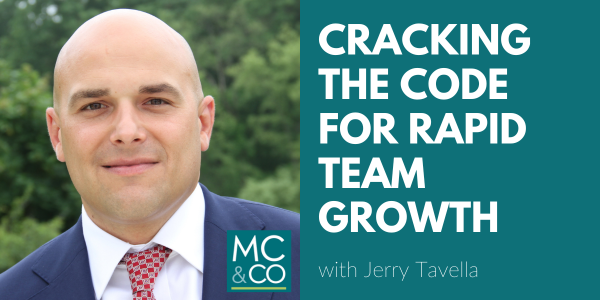Watch the Video above, or click below to listen to the podcast.
Subscribe to Podcast
Well before COVID-19 became front page news, Richard Pascoe, CEO and President of Histogen, heard about unusual disruptions in materials being delivered by key suppliers in Wuhan, China. He quickly reached out to his industry connections and across the globe to ask if they were experiencing anything similar. Informed by Rich’s daily habit of gathering intelligence through reading targeted information about global and national trends, plus connecting with allies in a variety of industries, Mr. Pascoe, his team and their board quickly created a strategic plan.
Using a war games approach to planning for the unknown, the Pascoe’s team identified several paths to successfully execute their company mission, including a worst-case scenario of a pandemic shutting down the world. With continuous communications and support from his board and a great team, Rich led Histogen through a successful merger, retained his team, kept Histogen’s bottom line secure, and served on a team that advised the U.S. Government on ways to quickly ramp up production of a COVID-19 response.
Research shows that CEOs who seek counsel and intelligence from their internal and external allies make better decisions than leaders who keep their own counsel. It’s called Strategic Intelligence. Not only did Rich learn this early in his career as a decorated Army Leader, he has brought it with him to his roles as CEO and Board Member in every organization that he has worked with.
Michael Maccoby, author of Strategic Intelligence: Conceptual Tools for Leading Change, states that Strategic Intelligence consists of a system of five talents that characterize some of the most successful leaders in business, government, and military. He defines these talents as:
- Foresight: The ability to understand trends that present threats or opportunities for an organization.
- Visioning: The ability to conceptualize an ideal future state based on foresight and create a process to engage others to implement it.
- System thinking: The ability to perceive, synthesize, and integrate elements that work together as a whole to achieve a common purpose.
- Motivating: The ability to motivate different people to work together to implement the vision. Understanding what motivates people is based upon ability, personality, and intelligence.
- Partnering: The ability to develop strategic alliances with individuals, groups, and organizations. This quality also depends on personality intelligence.
Here are the four strategies that Rich Pascoe uses to put daily attention and time on keeping his Strategic Intelligence connections sharp:
- Read regularly and include periodicals outside of your industry. Look for sources of information to broaden your awareness beyond your immediate experiences.
- Connect with people across the world. Whenever you learn something that could be valuable for an acquaintance or colleague, reach out, and pass it forward. It’s easier than ever to create relationships across networks and timezones – the more contacts you have, the more informed you will be.
- Get involved with organizations that enable you to connect with other industry leaders. Actively network in avenues available to you to learn what is happening in other industries and across the world. These networks will give you insights, direct observations and information that will help you grow your company, improve professionally and prepare for the future.
- Look to outside opinions and experts – don’t be insular in your thinking. Consider and be open to all options.
Strategic Intelligence includes asking the right questions of your team. Here are the questions Rich asked himself and the Histogen team as they designed their plan to thrive in this year of pandemonium:
- What do you know?
- What do you think you know?
- What is the end state you desire?
- Do you need to make a decision now?
From there, determine if you need more questions, make sense of the data and then develop a course of action. Start wargaming, or scenario planning. (For more on scenario planning, listen to our recent podcast with Matt Ranen on Scenario Planning: It’s Not Too Late to Start). This process allows you to move forward with a smart plan, along with informed execution.
Continuous evaluation of your decisions with leaders, teams and board members, will keep your plans on track or help you adapt them quickly to business demands or climate changes. Strategic intelligence is key for modern businesses to survive and thrive.

